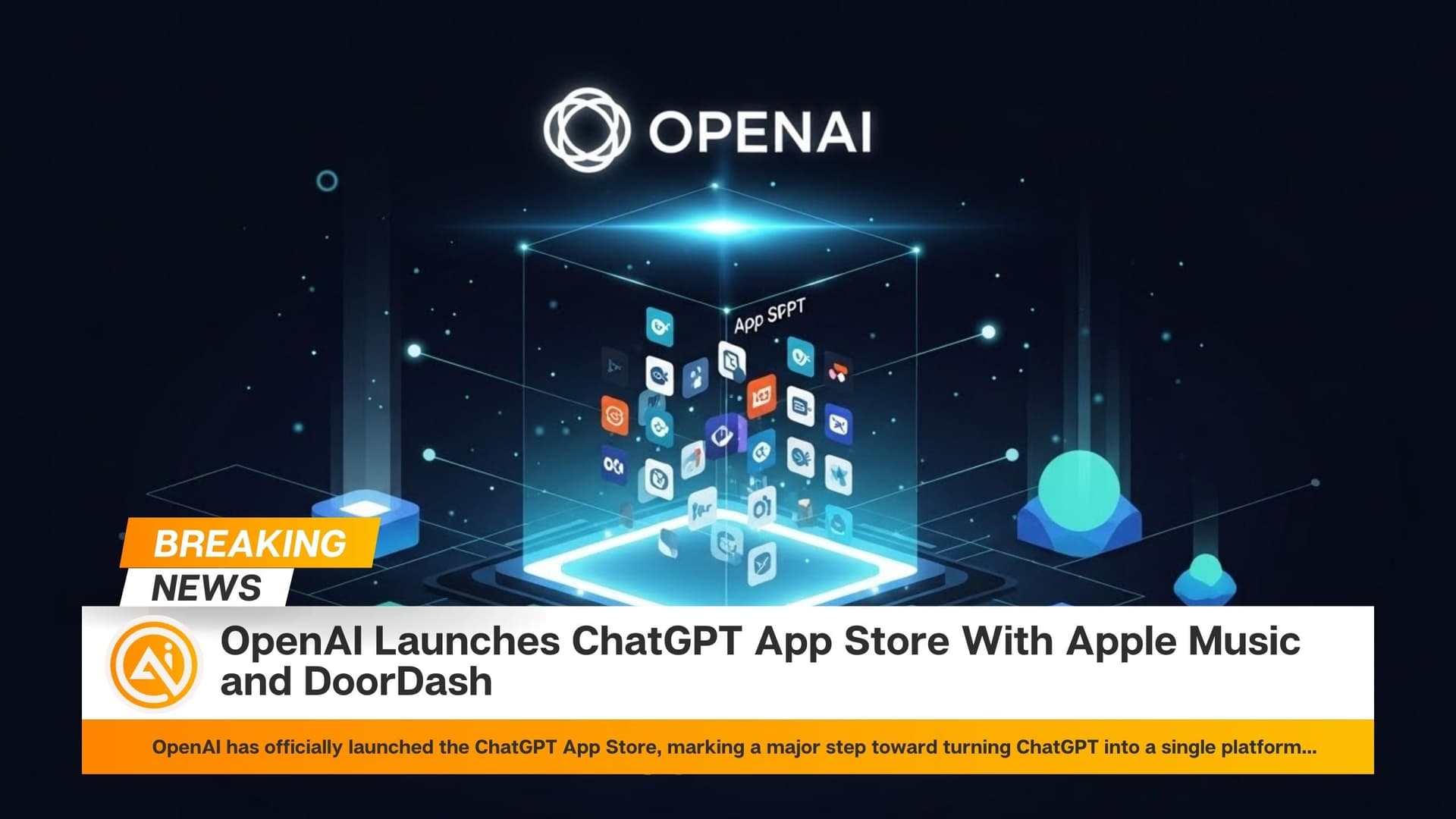OpenAI and Google are urging the US government to allow AI models to be trained on copyrighted content, arguing that restrictions could hinder innovation and give China a competitive advantage. In their proposals, OpenAI emphasizes that fair use protections for AI are crucial to maintaining the US's lead in artificial intelligence. The company warns that China’s AI developers have unrestricted access to data, including copyrighted material, and restricting American companies could put the US at a disadvantage.
Google echoes these concerns, stating that copyright laws, privacy regulations, and patents can limit access to data necessary for training advanced AI models. The company argues that fair use and text and data mining exceptions have been vital for AI development, allowing the use of publicly available copyrighted material without significant harm to rights holders. These exceptions, Google claims, prevent lengthy and complex negotiations with data owners, which can slow AI progress.
Anthropic, the AI firm behind Claude, also submitted a proposal but did not address copyright concerns. Instead, it urged the government to establish a framework for assessing national security risks posed by AI models and to strengthen export controls on AI chips. The company also called for improvements to the US energy infrastructure to support AI development.
The push for broader access to copyrighted content comes amid multiple legal battles. OpenAI faces lawsuits from major news organizations, including The New York Times, as well as from authors like Sarah Silverman and George R.R. Martin. Additionally, companies such as Apple, Nvidia, and Anthropic have been accused of scraping YouTube subtitles to train AI models, a practice that YouTube has deemed a violation of its terms.
As the debate continues, AI firms argue that fair use protections are essential for maintaining global competitiveness, while copyright holders stress the need for stronger intellectual property protections in the evolving AI landscape.
